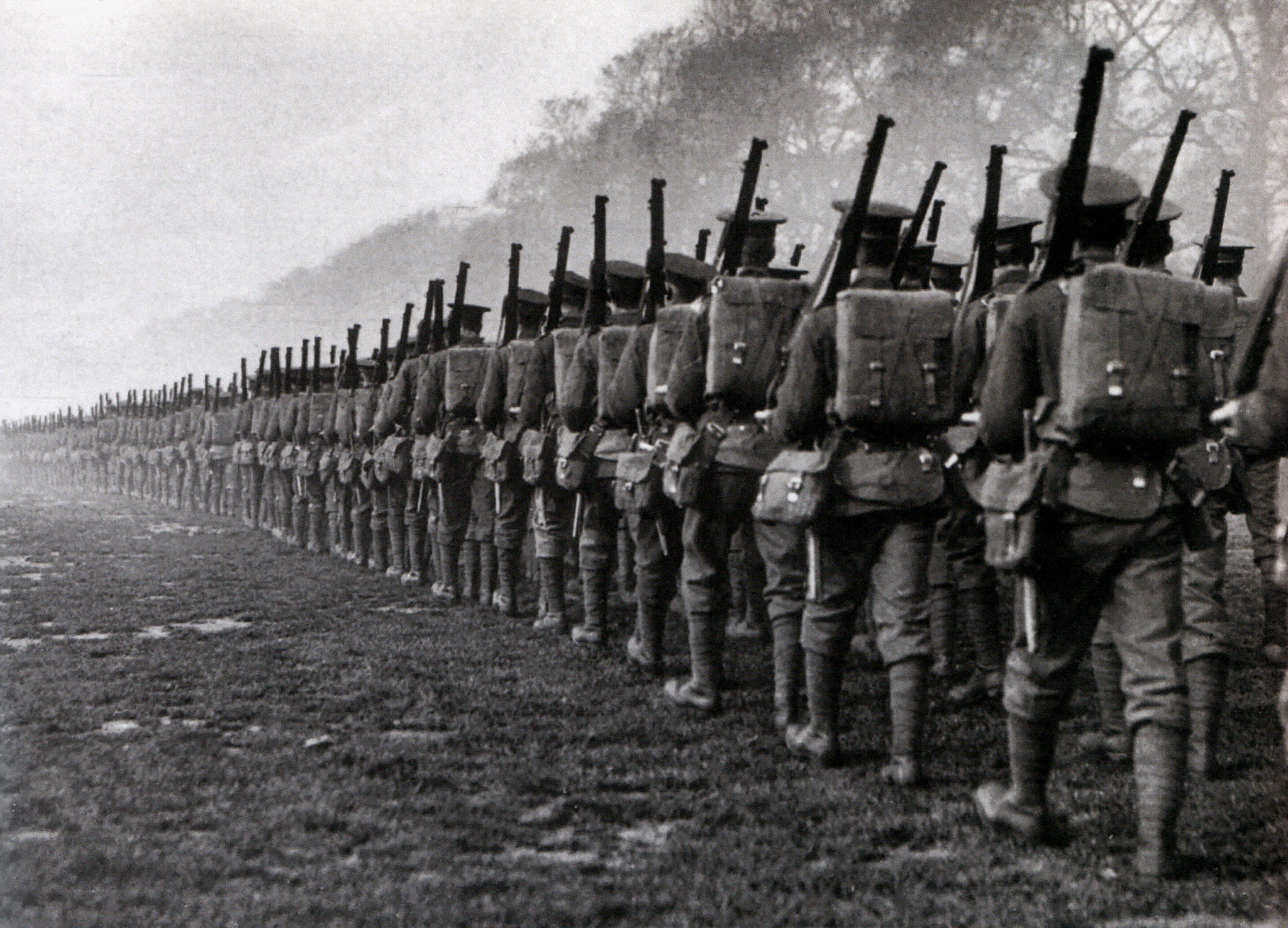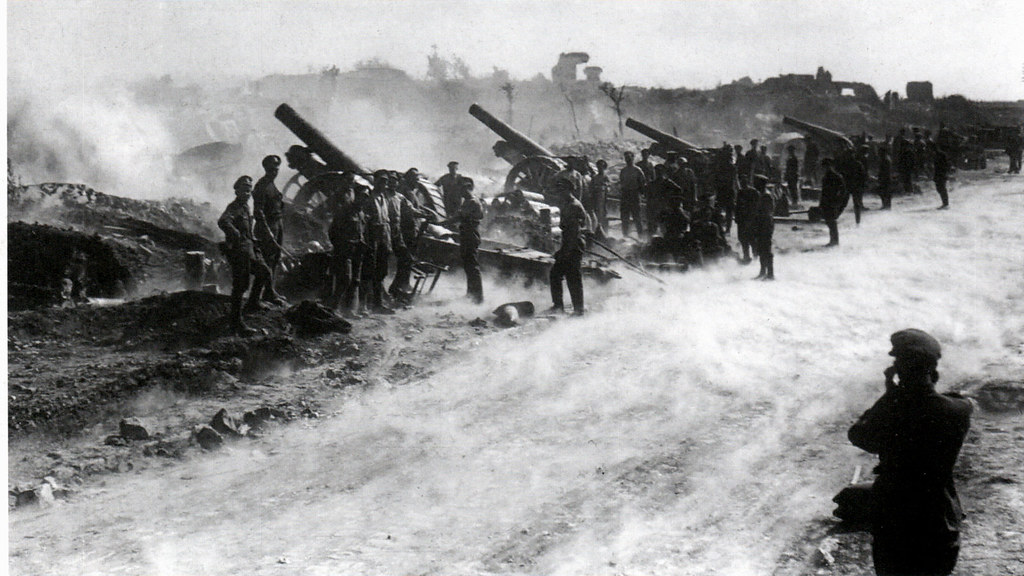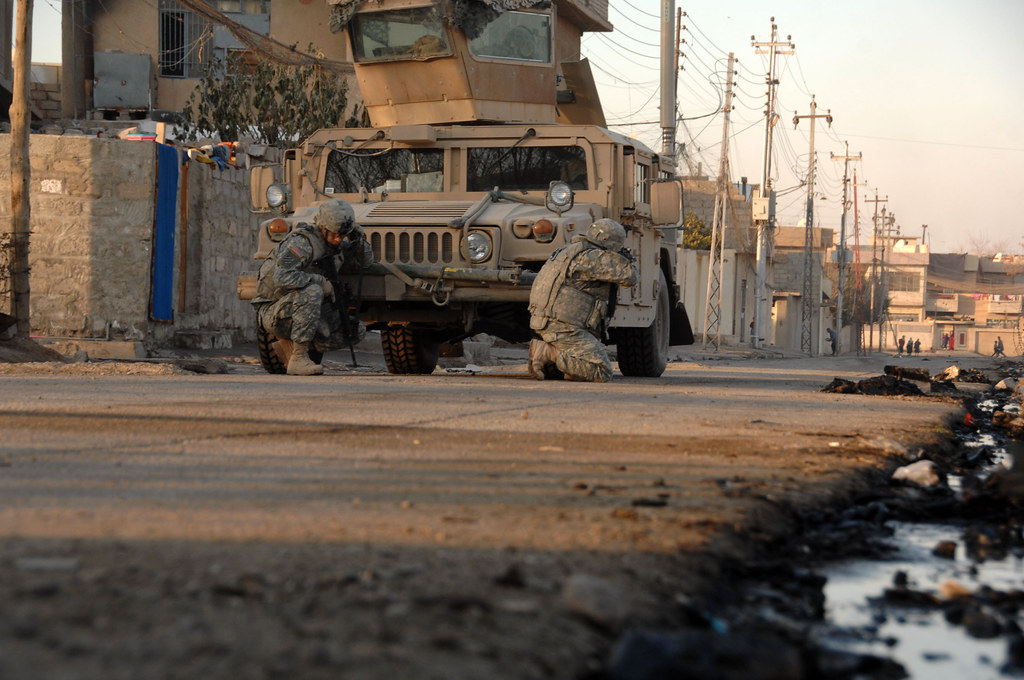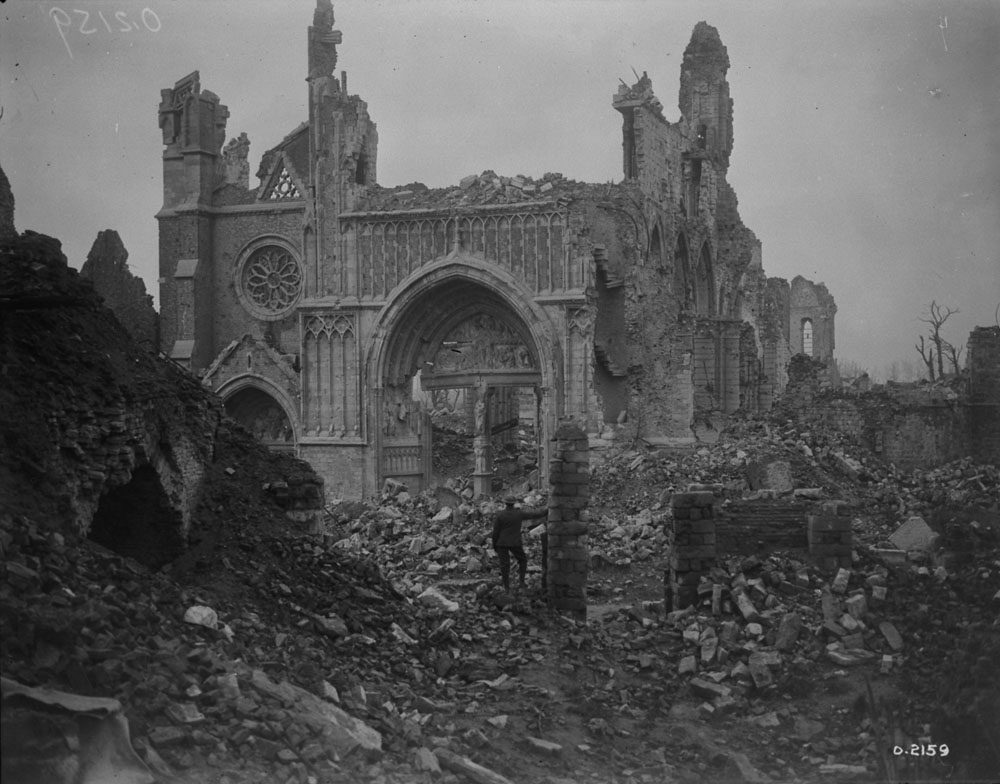Reviewed by Pip Gregory.
Eberhard Demm’s Censorship and Propaganda takes on a vast task in attempting to provide a comprehensive insight into First World War propaganda. There is an abundance available out there, across all combatant nations, and its relationship with censorship adds further levels of complexity. There are studies that address aspects thereof, but tying that all together is a daunting task. Demm’s new book builds upon his fabulous articles for the online encyclopaedia 1914-1918, plus a number of other works. This new and highly comprehensive volume presents a depth of analysis around propaganda; its design, influence and those who controlled and contributed to it, as well as considering its impact, and legacy that has otherwise been lacking in other studies. Naturally, within Demm’s study of both censorship and propaganda there are aspects for which there is more evidence available, namely the propaganda, and others less so, but what evidence Demm has found he has utilised effectively to demonstrate the value of the widespread of wartime propaganda and its partner in (avoiding) crime, censorship.
Leave a Comment





